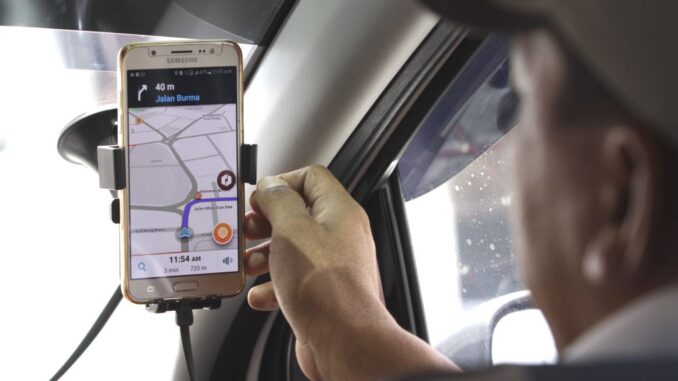
Drivers on e-hailing platforms in Nigeria’s Lagos State are embarking on a week-strike starting on Monday to protest against some aspects of the new regulations by the state.
The president of the National Union of Professional App-Based Workers Ayoade Ibrahim told The Guardian on Monday morning that the representative of the union was not a party to the agreement reached between operators such as Uber and Bolt, Lagos State and the Professional E-hailing Drivers and Private Owners Association.
“App companies like Uber and Bolt push their responsibility to us,” Ayoade said. “We want to negotiate with Lagos State Government about the regulations and our responsibility.”
Uber and Bolt did not immediately reply to enquiries about the matter.
The government announced on August 14 that the new regulations which were to become operational on August 20 have been modified after an initial outcry by the drivers on the burden the regulations will put on them.
For the drivers, one contentious regulation was the service tax to be charged on each trip while the e-hailing operators like Uber and Bolt were to pay up to N25 million license fee and N10 million annually for renewal of the license.
The commissioner for transport Frederic Oladeinde said the government would instead charge N20 per trip instead of 20 percent of the charges for each trip. There was also a 20 percent reduction in the license and renewal fees.
The drivers were also given up to 90 days to complete the necessary paperwork.
But Ayoade insisted on Monday that his union, which had already had five meetings with the official of the state’s Ministry of Transportation, was deliberately sidelined from the August meeting with the governor, Babajide Sanwo-Olu, because of its stance on the new regulations.
He said parts of the amended regulations still put heavy burdens on the drivers.
“They did not call us for the final conclusion with Mr Governor,” Ayoade said. “They know our stand. That is why they sidelined us during the governor’s meeting. They denied us the opportunity to tell Mr Governor of our problems.”
END

Be the first to comment